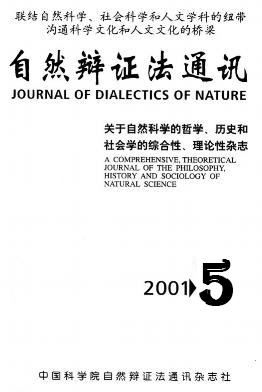How did Newton Formulate his Cosmological Ideas?
The authors analyzed the formation of Isaac Newton’s cosmological ideas. Newton did not develop his reflection on cosmology based on the pure mechanism or principle of mechanics as mechanists did in 17t" century,while combined his view about God,the physics laws he discovered,and the alchemical cosmologies of his time to formulate a united explanation to the creation of the world. He made his representation on cosmology in the manner of natural theology that prevailed in 17t" century England. He considered that our world stemmed from the will of God,and the world is a finite one in the infinite space.God,he believed,has never given up his creatures and continually provided power to it,to keep this world alive.
